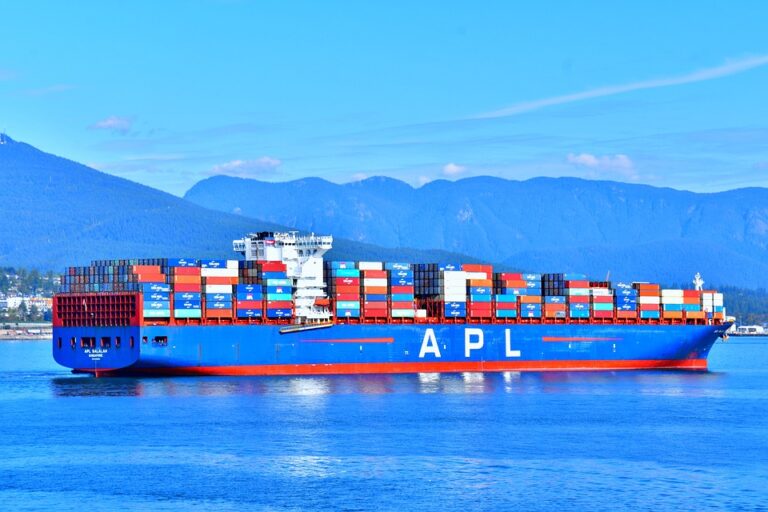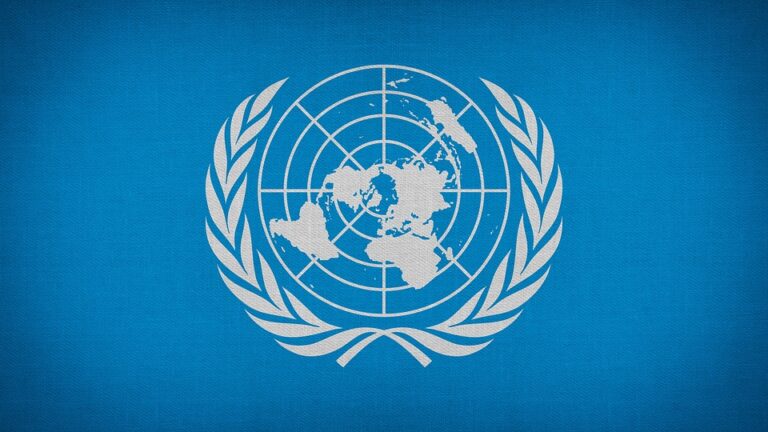Latest European Refugee Crisis: Urgent Updates & Insights

The European refugee crisis is a complex, multifaceted issue that continues to evolve, presenting both challenges and opportunities for the international community. As conflicts, economic instability, and climate change drive people from their homes, Europe remains a primary destination for those seeking safety and a better life.
The Current Situation
In recent months, the refugee crisis in Europe has seen a resurgence, with new waves of refugees arriving at the continent’s borders. These individuals often come from war-torn regions like Syria, Afghanistan, and parts of Africa, fleeing violence, persecution, and poverty. The ongoing conflict in Ukraine has also contributed significantly to the increase in refugee numbers, as millions of Ukrainians seek asylum across Europe.
According to the United Nations High Commissioner for Refugees (UNHCR), the number of forcibly displaced people worldwide has surpassed 100 million for the first time, with Europe hosting a significant portion of these individuals. The Mediterranean and Aegean Seas remain perilous routes for many, as refugees risk their lives on overcrowded boats in search of safety.
Responses from European Nations
European nations have displayed a range of responses to the refugee crisis, from welcoming asylum seekers to implementing stricter border controls. Countries like Germany and Sweden have historically been more open to accepting refugees, providing them with resources and support to integrate into society. Germany, in particular, has taken in over a million refugees since 2015, reflecting its commitment to humanitarian principles.
The Role of the European Union
The European Union (EU) has been pivotal in coordinating a collective response to the refugee crisis. The EU has introduced various policies and funding mechanisms to support member states in managing refugee flows. The EU-Turkey Statement, for example, was a landmark agreement aimed at stemming the flow of migrants across the Aegean Sea. However, criticisms have emerged regarding the effectiveness and ethical implications of some EU measures, prompting calls for more comprehensive and humane policies.
Challenges Facing Refugees
Refugees arriving in Europe face numerous challenges, including navigating complex asylum processes, securing employment, and overcoming language barriers. Many refugees find themselves in overcrowded camps with inadequate access to basic necessities such as food, water, and healthcare. The psychological toll of displacement, compounded by the trauma of conflict, further complicates the integration process, necessitating robust mental health support systems.
Economic and Social Integration
Economic and social integration remains a significant hurdle for refugees in Europe. While some countries have implemented programs to facilitate employment and language acquisition, others struggle with resource constraints and public resistance. Successful integration benefits both refugees and host communities, contributing to economic growth and cultural enrichment. Therefore, fostering a welcoming environment and providing adequate support is crucial for long-term success.
Opportunities for Positive Change
Despite the challenges, the refugee crisis presents opportunities for positive change and innovation. European countries can benefit from the skills and talents that refugees bring, addressing labor shortages and demographic challenges. Furthermore, the crisis has sparked dialogues on global responsibility and solidarity, encouraging nations to collaborate on sustainable solutions.
Grassroots and Community Initiatives
Grassroots and community initiatives have emerged as vital components of the refugee response. Local organizations and volunteers play crucial roles in providing immediate assistance, language classes, and social integration activities. These initiatives often foster a sense of community and belonging among refugees, enhancing their overall well-being and integration prospects.
The Role of Technology
Technology is increasingly being leveraged to address the refugee crisis. Digital platforms and mobile applications facilitate communication, access to information, and service delivery for refugees. For instance, mobile apps that provide language learning resources and job matching services have proven invaluable. Additionally, technology aids in streamlining asylum processes and improving data collection, enhancing the efficiency and effectiveness of humanitarian efforts.
The Future Outlook
Looking ahead, the European refugee crisis demands sustained attention and action from the international community. As conflicts persist and new crises emerge, Europe will continue to be a destination for those seeking refuge. It is imperative for nations to adopt humane, sustainable policies that prioritize human rights and dignity.
Collaboration between governments, international organizations, and local communities is key to developing comprehensive solutions that address both the immediate needs and long-term aspirations of refugees. By fostering a culture of empathy and inclusivity, Europe can transform the refugee crisis into an opportunity for growth, innovation, and shared prosperity.
Conclusion
The European refugee crisis is a dynamic and pressing issue that requires collective action and compassion. As the situation evolves, it is crucial to stay informed and engaged, advocating for policies that uphold the principles of humanity and solidarity. By embracing diversity and supporting refugees in their journey towards a better life, Europe can lead by example, demonstrating the power of unity and resilience in the face of adversity.






